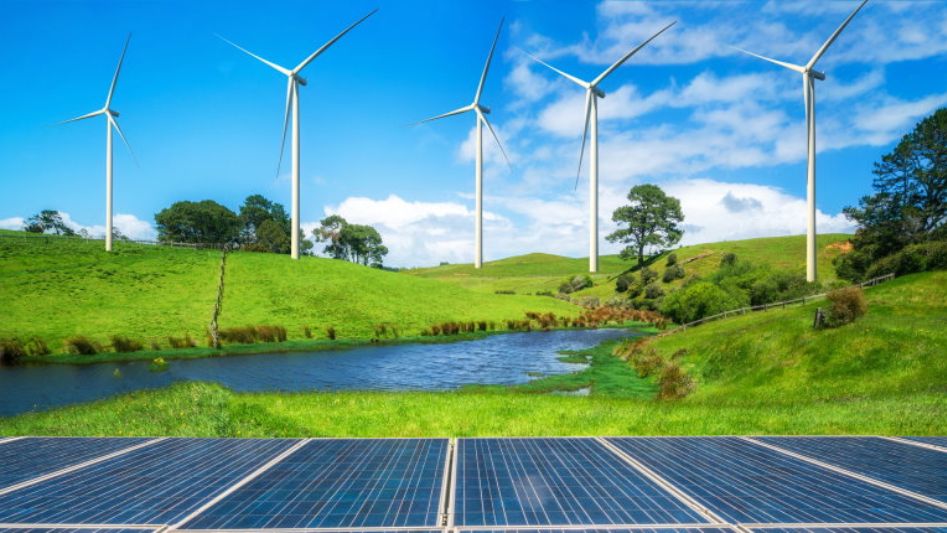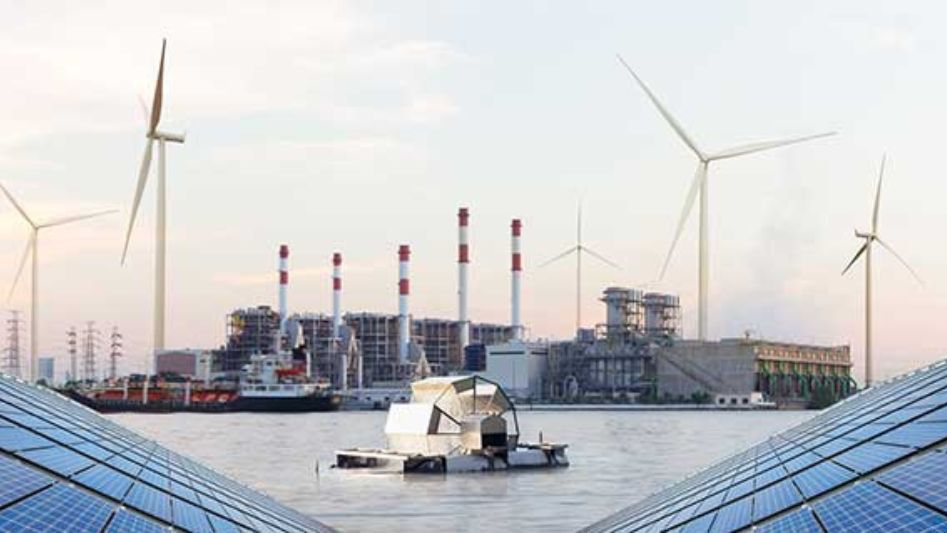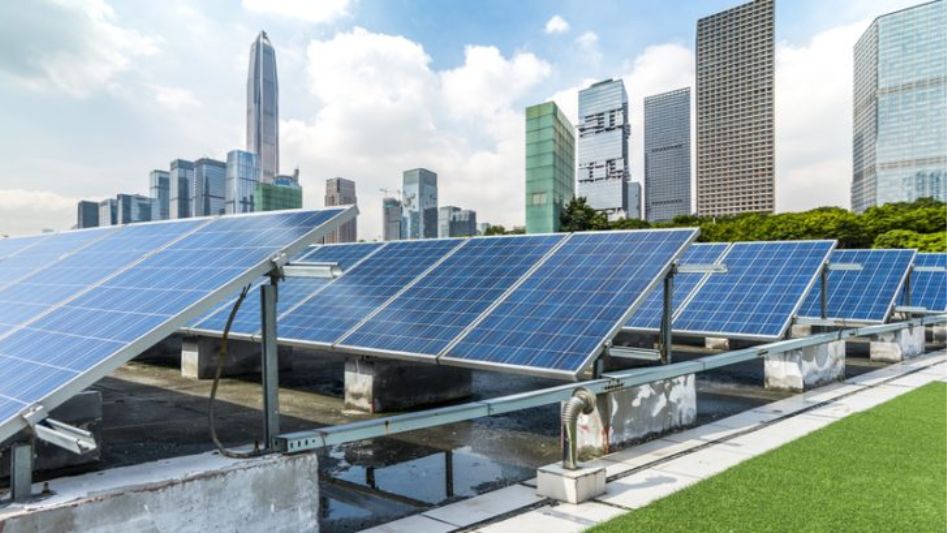The transition to a low-carbon future is essential for combating climate change and preserving our planet for future generations. One of the most significant steps towards achieving this goal is the widespread adoption of renewable energy sources. In this article, we will explore the benefits of renewable energy and its potential to drive the transition towards a more sustainable future.
Table of Contents

Understanding Renewable Energy
Renewable energy is energy that is generated from natural resources that are replenished over time, such as sunlight, wind, water, and geothermal heat. Unlike fossil fuels, renewable energy sources do not release harmful greenhouse gases into the atmosphere and have a significantly lower environmental impact.
Benefits of Renewable Energy
Renewable energy sources offer several benefits, including reducing greenhouse gas emissions, improving public health, creating jobs, and providing a reliable source of energy. By harnessing renewable energy sources, we can reduce our dependence on fossil fuels, decrease our carbon footprint, and promote sustainable development.

Types of Renewable Energy
There are several types of renewable energy sources, including solar, wind, hydro, geothermal, and biomass. Each source has its unique advantages and disadvantages, and the choice of energy source depends on factors such as geography, climate, and infrastructure.
Challenges to Renewable Energy Adoption
Despite the many benefits of renewable energy, several challenges can hinder its widespread adoption. These include high upfront costs, intermittent supply, and the need for significant infrastructure investments. Additionally, regulatory and policy frameworks can affect the deployment of renewable energy, and the lack of political will and public awareness can also impede progress.
Future of Renewable Energy
Despite these challenges, the future of renewable energy looks promising. Rapid technological advancements and falling costs have made renewable energy more accessible and cost-competitive. Furthermore, initiatives such as renewable energy targets, carbon pricing, and green finance are encouraging the adoption of renewable energy sources and promoting sustainable development.

Conclusion
Renewable energy is a vital tool for achieving a low-carbon future and combating climate change. The benefits of renewable energy are numerous, and technological advancements are making it more accessible and cost-competitive. By promoting renewable energy adoption, we can create a sustainable future for ourselves and future generations.
FAQ
How does renewable energy help combat climate change?
Renewable energy sources do not release harmful greenhouse gases into the atmosphere, reducing carbon emissions and slowing the pace of climate change.
How does renewable energy promote sustainable development?
Renewable energy promotes sustainable development by reducing our dependence on non-renewable energy sources, creating jobs, improving public health, and supporting local communities.
Can renewable energy sources provide a reliable source of energy?
Yes, renewable energy sources can provide a reliable source of energy, as technological advancements have improved the efficiency and effectiveness of renewable energy systems.
What is the role of policy and regulation in promoting renewable energy adoption?
Policy and regulation can play a critical role in promoting renewable energy adoption by creating incentives and targets for renewable energy deployment, encouraging research and development, and supporting infrastructure investments.
You May Also Like
- THE LESSONS OF NUCLEAR POWER FOR THE FUTURE OF RENEWABLE ENERGY
- POWER PER POUND: COMPARING THE ENERGY DENSITY OF RENEWABLE AND NON-RENEWABLE ENERGY SOURCES
- REWIND TO THE FUTURE: HOW CLASSIC MOVIES IMAGINED A WORLD POWERED BY RENEWABLE ENERGY
- FROM SOLAR PANELS TO WIND TURBINES: RENEWABLE ENERGY IN THE CITY
- TOP COUNTRIES WITH HIGHEST PROPORTION OF RENEWABLE ENERGY
